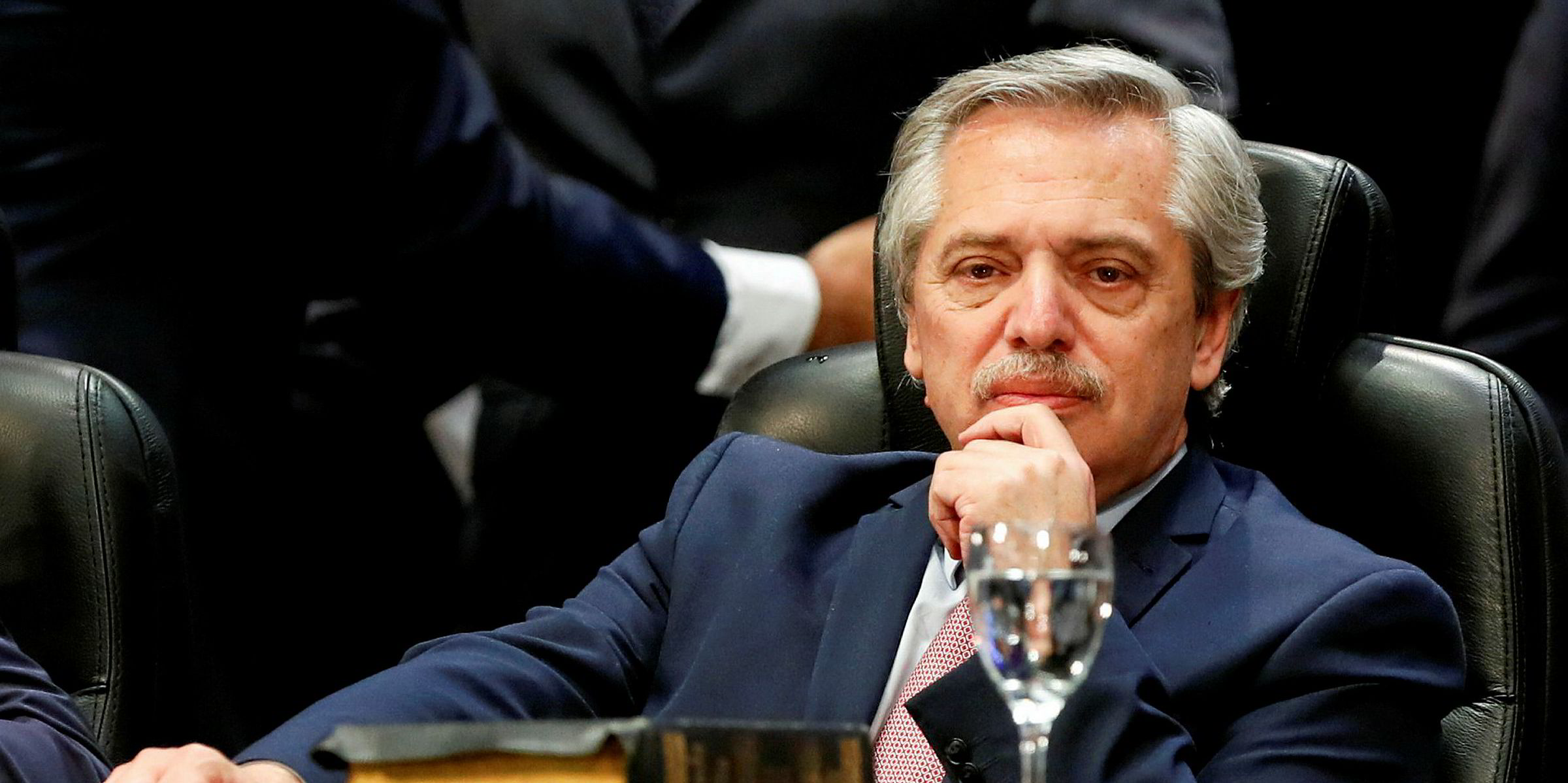In his four-year term, Argentina's President Mauricio Macri made major progress in reversing the country's fortunes as an energy producer with policies that spurred a production rebound from its shale sector and even allowed the country to restart modest gas exports.
But with the incumbent losing at the polls this week, President-elect Alberto Fernandez should prioritise maintaining this momentum.
The country has already seen the poor results from protectionist policies during the prior reign of the new vice-president-elect, former president Cristina Fernandez de Kirchner, that did little to advance development of the promising Vaca Muerta shale.
Hallmarks of that Peronist period included, in the early 2010s, a situation where operators in the world-class gas basin had little incentive to produce for a pittance, while the government imported liquefied natural gas at great cost.
Attracting investors was also a challenge after the administration opted to nationalise a majority stake in the formerly Repsol-controlled YPF following promising discoveries.
The switch flipped during Macri’s term, when market-oriented policies brought certainty for existing investors and attracted new ones that imparted confidence to scale up projects past the experimental stage. Argentina’s natural gas output hit a record 140 million cubic metres per day in June, with unconventional production up 28% on the year.
The country also has an exciting new opportunity in offshore exploration, with a bid round earlier this year raising some $700 million in offers from major global explorers.
The energy industry has showed progress towards consolidating itself as another major source of international commerce to balance out the historic precariousness of the nation’s economy.
Argentina now has the benefit of hindsight to see what policies successfully increased production, attracted investment and contributed to the country’s energy self-sufficiency.
The industry must hope it will consider that example in setting its course forward.
